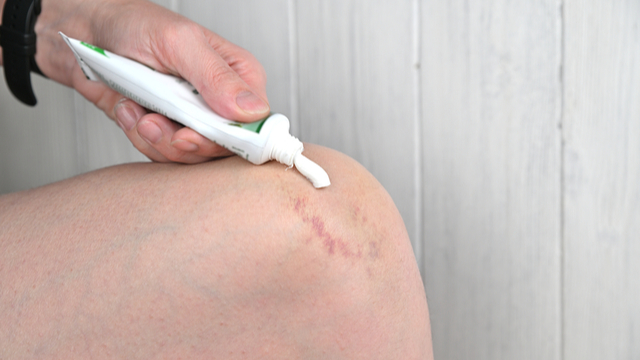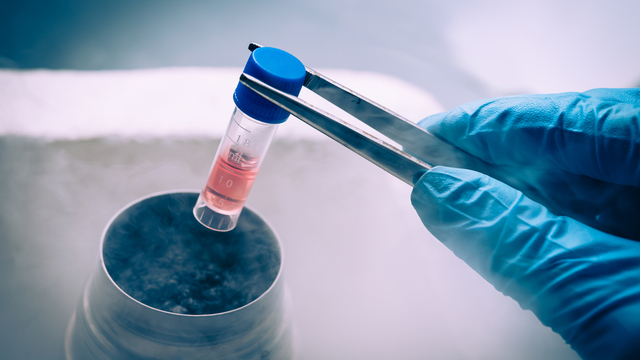A protein named Agrin has been discovered to promote wound healing and repair, when it is triggered after skin tissue is injured. These findings could pave the way for the development of Agrin protein therapy to accelerate skin tissue healing for chronic wounds from diabetes or burns. The research, led by A*STAR’s Institute of Molecular and Cell Biology (IMCB), was published in the journal Nature Communications on 3 November 2021.
One in 20 Singaporeans is afflicted with chronic wound conditions. Complications in the healing of chronic wounds are prevalent in patients suffering from diabetes or burn injuries, and are a leading cause of amputation and decreased emotional wellbeing for patients. During injury, a major chunk of extracellular matrix (ECM) — which helps to rebuild tissue — is lost, therefore delaying wound healing. As such, the timely replenishment of key ECM proteins may accelerate wound healing.
In this study, researchers have shown that timely induction or exogenous supplementation of Agrin, an ECM protein, may promote accelerated healing of injured skin tissues. Using both human and pre-clinical models, they found that physical injury to the skin tissue enhanced the expression of Agrin, which preserves the mechanical architecture of injured skin layers by repairing the skin tissue.
The IMCB team in collaboration with the Mechanobiology Institute, National University of Singapore also discovered that a recombinant fragment of Agrin that can be easily produced, sAgrin, may serve as a bio-additive material to improve healing when applied as a topical hydrogel to the injured skin. These findings would advance the development of Agrin-based bio-scaffolds that could offer accelerated skin tissue healing by restoring the damaged tissue.
“We found that in our preclinical wound healing models, Agrin protein therapy offers accelerated healing, compared to collagen gels that are in the market. Besides healing wounds at a faster pace, Agrin therapy preserves the wound microenvironment that enforces better repair mechanisms than existing controls used in the study. The findings offer the potential for developing Agrin-based wound healing biomaterials that could help patients with chronic wounds,” said Dr Sayan Chakraborty, Senior Research Scientist at A*STAR’s IMCB and lead researcher of the study.
“Recent studies from various labs in the scientific community have implicated a role of Agrin in repair and regeneration of diverse tissues and organs. This study may offer a novel approach for regenerative medicine beyond conventional chronic wound treatments and improve health outcomes,” said Professor Wanjin Hong, Executive Director of IMCB and senior corresponding author of the study.
Moving forward, the research team plans to extend testing of sAgrin therapy on pre-clinical wound healing models to improve the efficacy of the study, as well as to develop bioprinted scaffolds with Agrin that could help to repair damaged tissue.
Originally posted at https://www.sciencedaily.com/releases/2021/12/211206113012.htm





0 Comments